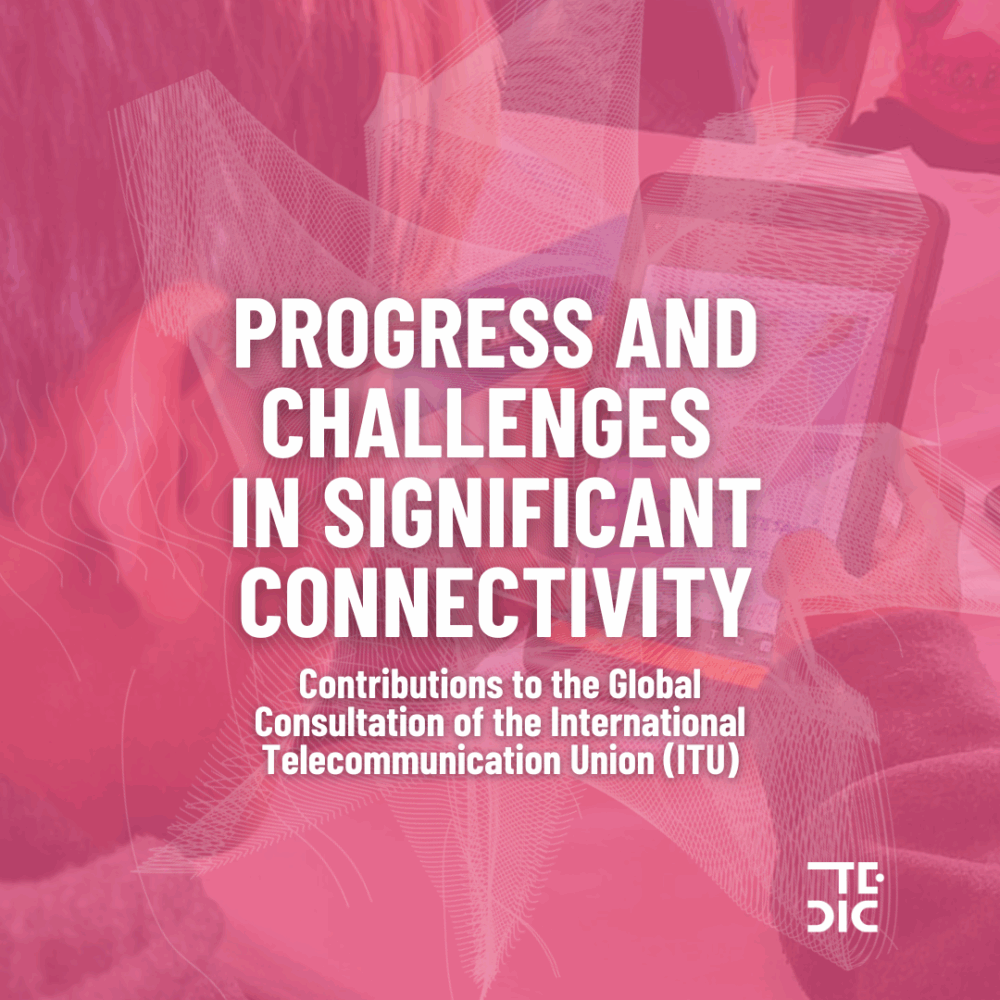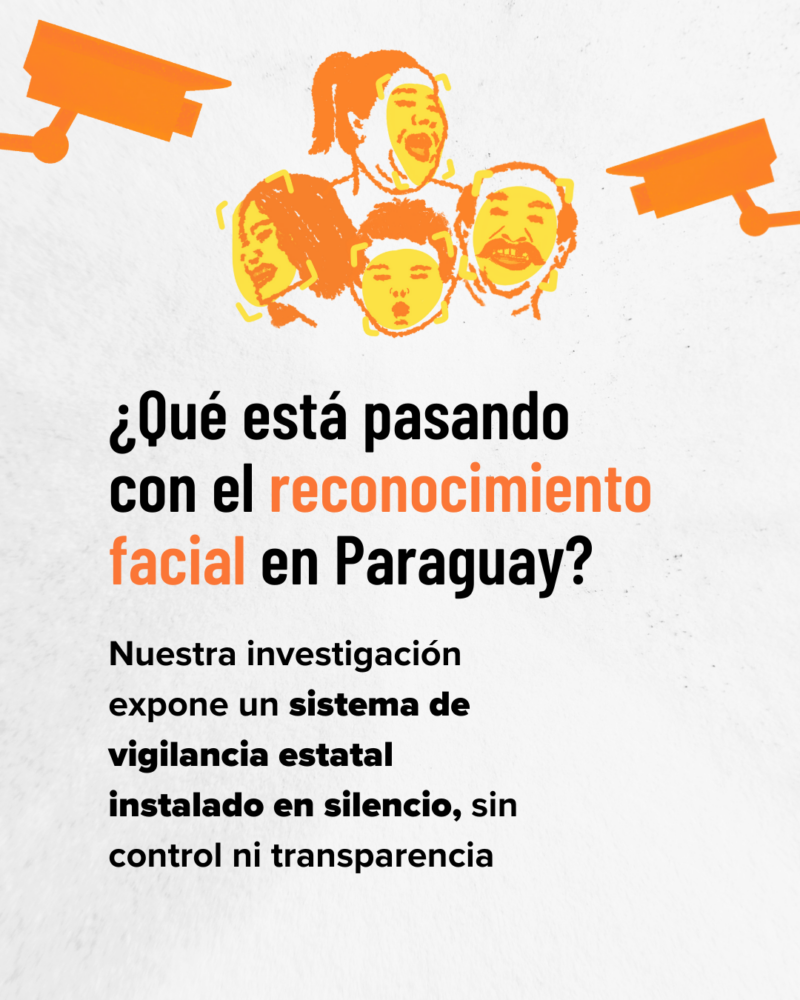
TEDIC participated in the global consultation of the International Telecommunication Union (ITU), in collaboration with Derechos Digitales, on how to ensure meaningful connectivity in landlocked developing countries (LLDCs), specifically in Paraguay and Bolivia. In this report, we share our experience working for digital rights in Paraguay, highlighting the structural barriers that prevent equitable access and the lessons that can help us generate sustainable solutions.
Paraguay: the challenges of connectivity
Net neutrality and zero-rating
In our country, net neutrality lacks robust legal protection. This allows practices such as zero-rating, an unfair competition that occurs when operators offer free access to specific applications, such as Facebook or WhatsApp. Although they appear to expand connectivity, they actually generate exclusion and dependency: many rural, peasant, and indigenous communities are limited to a reduced version of the Internet, which restricts their right to information and freedom of expression
Community networks: experiences that connect rights
We identified that between 2023 and 2024, community connectivity networks began to be deployed in Paraguay. With the Nanum, Mujeres Conectadas (Connected Women) project, promoted in the Chaco, two networks were installed that today benefit and provide internet access to 14 indigenous communities, mainly from the Nivaclé people. These actions go beyond simple connectivity: they promote a model of meaningful connectivity, where women lead community innovation to overcome isolation, increase income, adapt to climate change, and strengthen resilience in the face of emergencies. However, major challenges remain: lack of resources for maintenance, vulnerability to extreme weather conditions, and high costs when resorting to solutions such as Starlink.
Internet shutdowns in conflict contexts
We have documented reports of deliberate interruptions to internet and mobile phone services in regions such as Concepción, San Pedro, and Amambay, especially in areas of territorial conflict. These restrictions have a greater impact on journalists, rural communities, and indigenous peoples, undermining the exercise of fundamental rights.
Gender digital divide
The gender gap in Internet access remains significant. Rural women face greater barriers and often only access services under zero-rating schemes. In addition, technology-facilitated gender-based violence exposes women and LGBTIQ+ people to specific risks that still lack adequate state responses.
Security and resilience
Several of our investigations show that community and rural defenders, journalists, women politicians, and members of civil society organizations face cybersecurity threats such as the leakage of personal data by authorities or media outlets affiliated with corporations, stigmatization and misinformation on social media, and cyberattacks aimed at silencing women human rights defenders. These risks are exacerbated by the absence of a national cybersecurity strategy with a rights-based approach and a personal data law, which leaves historically excluded groups more exposed.
Key recommendations
At TEDIC, we believe that in order to move toward meaningful connectivity in Paraguay, it is essential to:
• Ensure full connectivity in rural areas and historically excluded communities.
• Recognize and strengthen community networks, with sustainable financing, technical training, and appropriate regulatory frameworks.
• Promote sustained digital literacy strategies based on rights, with a gender perspective and an intercultural approach.
• Regulate Internet service providers to ensure universal access, respecting the principle of net neutrality.
• Prohibit Internet shutdowns, particularly in contexts of protest and territorial defense.
• Prevent the diversion of public funds intended to expand connectivity toward the financing of mass surveillance technologies, such as facial recognition.
• Design and implement comprehensive and adequate legislative frameworks for the protection of personal data, with meaningful participation from actors such as civil society and historically marginalized groups.
Our contribution to this consultation seeks to highlight the inequality currently experienced by communities living in rural areas. Ensuring meaningful connectivity is not just about “connecting more,” but about doing so in a fair and inclusive manner that respects the rights of all people.
Read the full article here.
This publication has been funded by the European Union. Its contents are the sole responsibility of TEDIC and do not necessarily reflect the views of the European Union.

 Not with my face: The Paraguayan State deploys facial recognition without transparency or oversight
Not with my face: The Paraguayan State deploys facial recognition without transparency or oversight